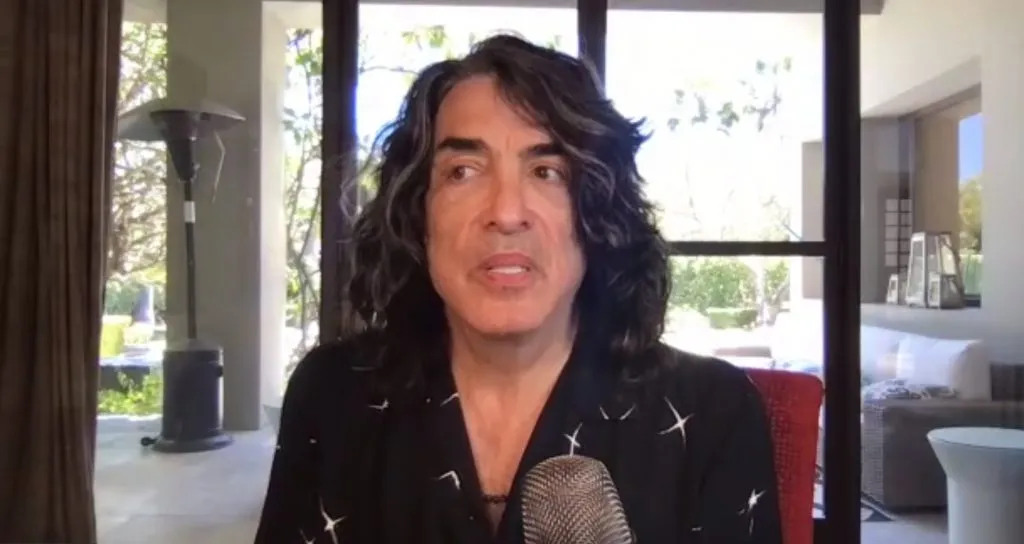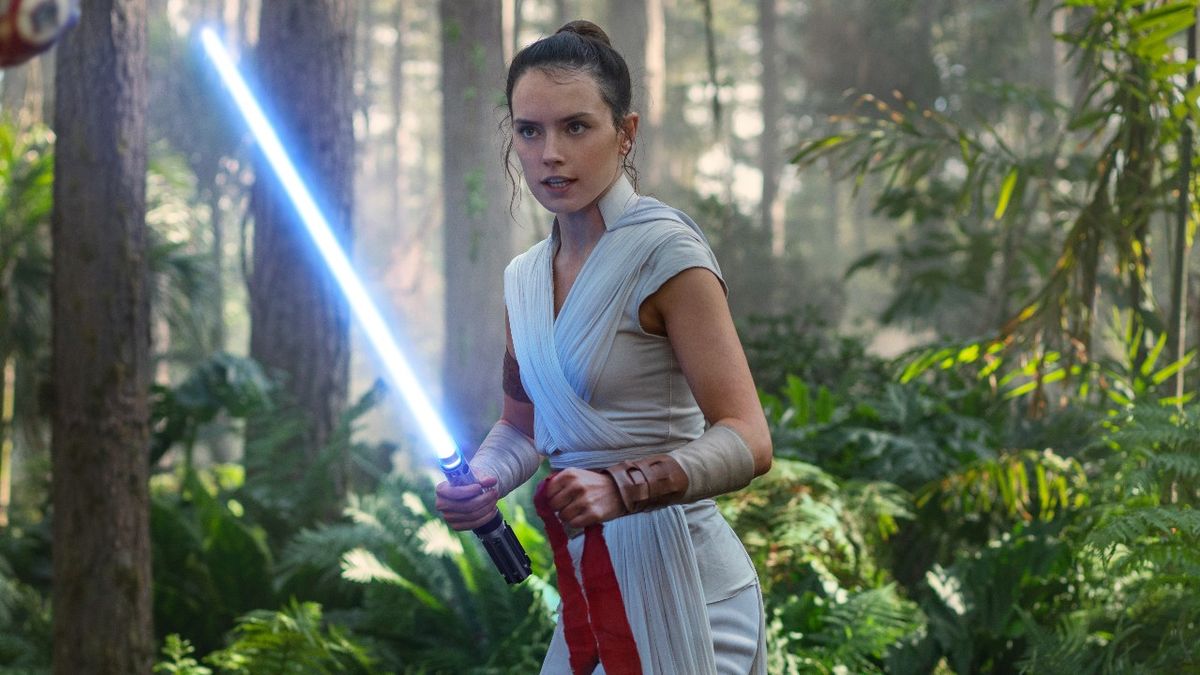Merlin, which oversees digital licensing for the independent sector, has outlined its position on the use of music in training artificial intelligence in a new memo.
Like many organizations in the music industry, Merlin supports “AI products that aid human creativity, or provide new opportunities for artists to create and collaborate in developing new original works,” wrote the organization in a mission statement shared with Billboard. But it strongly opposes “any product, regardless of its purpose, that has been trained on Merlin members’ music without permission.”
Sony Music and Warner Music Group, among others, made similar announcements earlier this year, warning AI companies not to harvest their data for training purposes. But Merlin’s statement on Friday suggests that its members are even more vulnerable than the major labels.
“These are not multinational corporations,” Merlin notes. “They are often small businesses operating in support of artists who shape contemporary culture around the world, and who are trying to earn a living in an increasingly challenging environment. Unlicensed use of these artists’ work creates a genuine and imminent threat to artists’ livelihoods and the livelihoods of those who work to support them.”
Like Merlin, most — if not all — music industry rightsholders believe that AI companies should license their music if they want to use those catalogs of recordings to develop song generation technology. Statements from a number of AI companies, however, indicate that they aren’t interested in paying. They often argue that training their models fall under “fair use,” the U.S. legal doctrine that allows for the unlicensed use of copyrighted works in certain situations.
But Merlin hit back against this argument on Friday: “Taking someone else’s creative work — without permission, without compensation, and with the specific purpose of using that work to create new works that are substitutional for the original — is inherently not fair use,” the statement reads.
“AI companies and their investors would, we assume, look to copyright and other IP law to protect against any unauthorized uses of their technology,” Merlin continued. But ironically, “AI companies are rightly protective over their models and proprietary software, yet some seem to view other people’s intellectual property as ‘free data’ to feed their algorithm.”
Read Merlin’s full memo below.
Merlin is the independents’ digital licensing partner. Merlin’s primary function is to enable innovative and properly-compensated uses of its members’ music. This is clearly demonstrated by the partnerships Merlin has in place with so many of the world’s leading digital services.
All of our partnerships have one thing in common: our partners value music. While our partnerships have evolved over the years, they respect the human artistry involved in creating music and the financial investment needed to nurture, distribute and market it. The rapid evolution of artificial intelligence (AI) does nothing to change that.
Merlin and its members have always embraced and adapted to technological change, while ensuring that the value of human creativity is respected. Artistic expression is a fundamental part of what makes us human. The ability to create, appreciate, and enjoy art, in all its forms, is foundational to the human experience. Music, in particular, brings people together, evokes emotions, and helps us express thoughts and feelings.
Merlin recognises the enormous power of AI and its benefits to the creative community and society as a whole; but, if AI is left unregulated, the impact on the creative industries and, by extension, global culture will be devastating.
Merlin believes that, when developed and implemented responsibly, AI technologies can be additive to the creative landscape. AI products that aid human creativity, or provide new opportunities for artists to create and collaborate in developing new original works, are products that Merlin supports. Merlin and its members are ready to partner with AI companies that want to be on the right side of history – those that are willing properly to compensate Merlin members for use of their repertoire and to include appropriate guardrails to protect Merlin members’ rights.
However, Merlin cannot support any product, regardless of its purpose, that has been trained on Merlin members’ music without permission.
Merlin’s members, and the independent labels they represent, number in the thousands. These are not multinational corporations. They are often small businesses operating in support of artists who shape contemporary culture around the world, and who are trying to earn a living in an increasingly challenging environment. Unlicensed use of these artists’ work creates a genuine and imminent threat to artists’ livelihoods and the livelihoods of those who work to support them.
It has been suggested that training of AI models on artists’ work without permission should somehow be considered “fair use”. We believe it is the exact opposite of fair, both morally and legally.
The legal test for fair use involves four criteria, relating to the purpose and character of the use, the nature of the copyright work, the amount used, and the effect upon the market or value of the copyright work. Unlicensed commercial AI models fail on all four. Any AI company that trains its models by scraping the internet for copyright-protected sound recordings is making unauthorized reproductions of entire copyright works. Invariably, these copies are used for commercial purposes, and the AI-generated sound recordings resulting from the models pose a significant threat to the market for Merlin artists’ copyrighted sound recordings by creating directly competitive digital music files. There is much talk about these uses being fair merely because the outputs are “transformative”, but even transformative uses need to take into account the impact on the original works, and the extent to which they are substitutional for the original. In the case of AI-generated music, the substitutional impact is obvious.
Taking someone else’s creative work – without permission, without compensation, and with the specific purpose of using that work to create new works that are substitutional for the original – is inherently not fair use.
In seeking to license their music, Merlin members and their artists are not leveraging their copyrights to gain an unfair advantage. They are doing their best to earn a living and to protect rights in their expressive works. This is no different to how AI companies and their investors would, we assume, look to copyright and other IP law to protect against any unauthorized uses of their technology. AI companies are rightly protective over their models and proprietary software, yet some seem to view other people’s intellectual property as “free data” to feed their algorithm.
It is Merlin’s position, and that of its members, that any and all uses of Merlin member repertoire for training, development or implementation of AI models and related purposes requires explicit written authorization from Merlin or the applicable Merlin member. Merlin’s policy is clearly displayed on its website at https://merlinnetwork.org/policy-on-ai/.
If you are a responsible AI company that seeks to use independent music to train a model, or to offer a product or service that is additive to the music ecosystem and has intrinsic creative benefit to music creators, please contact us at ResponsibleAI@merlinnetwork.org.















![Jinjer Bassist Laments How “[Musicians Are] at the Very Bottom” of Receiving Tour Profits Jinjer Bassist Laments How “[Musicians Are] at the Very Bottom” of Receiving Tour Profits](https://cdn-p.smehost.net/sites/2ed48fdcc3904f548299cd86d78e9885/wp-content/uploads/2025/02/15.-Jinjer-4795-resize.jpg)











